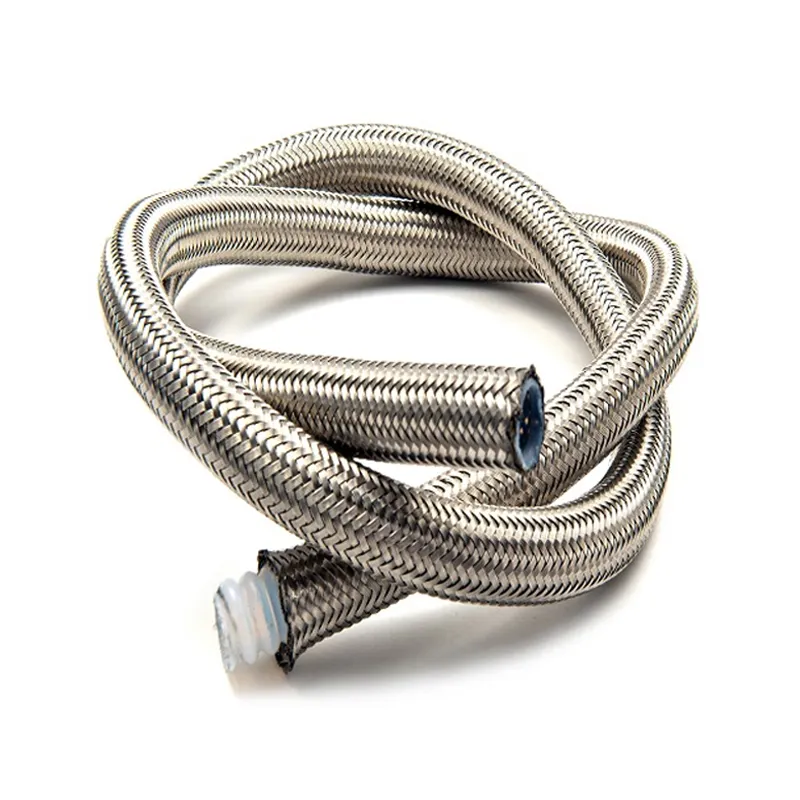The flexibility of PTFE Teflon tubing differs from other types of tubing materials. Here’s how it compares:
Flexibility: PTFE Teflon tubing is known for its exceptional flexibility. It is highly flexible and can be easily bent, coiled, or routed around obstacles without kinking or collapsing. This flexibility allows for easy installation and maneuverability in various applications.
Rigidity: Compared to some other tubing materials like PVC or metal, PTFE Teflon tubing is relatively less rigid. It offers more pliability and can conform to curved or irregular surfaces with ease.
Bend Radius: PTFE Teflon tubing typically has a smaller minimum bend radius compared to many other tubing materials. This means it can make tighter turns without causing any damage or compromising its structural integrity.
Memory Effect: PTFE Teflon tubing has a low memory effect, which means it retains its shape after being bent or coiled. This characteristic is beneficial when the tubing needs to maintain a specific shape or routing configuration.
Resilience: PTFE Teflon tubing has good resistance to deformation, ptfe teflon tubing allowing it to spring back to its original shape after being stretched or bent. This resilience contributes to its longevity and durability.
Overall, the flexibility of PTFE Teflon tubing makes it suitable for applications where maneuverability, ease of installation, and the ability to navigate tight spaces are important. However, it is important to note that the flexibility of PTFE Teflon tubing may vary depending on its specific grade, wall thickness, and diameter.
What are the chemical resistance properties of PTFE Teflon tubing?
PTFE Teflon tubing is highly regarded for its exceptional chemical resistance properties.
It exhibits resistance to a wide range of chemicals and solvents, including:
Acids: PTFE Teflon tubing resists attack from strong acids such as sulfuric acid, hydrochloric acid, nitric acid, and phosphoric acid.
Bases: It is resistant to strong bases like sodium hydroxide, potassium hydroxide, and ammonia solutions.
Organic Solvents: PTFE Teflon tubing shows resistance to various organic solvents, including alcohols, ketones, esters, ethers, aromatic hydrocarbons, and chlorinated solvents.
Corrosive Gases: It withstands exposure to corrosive gases such as chlorine, bromine, hydrogen chloride, and hydrogen fluoride.
Oxidizing Agents: PTFE Teflon tubing is generally resistant to oxidizing agents like hydrogen peroxide and ozone.
Water and Moisture: It is highly hydrophobic and does not absorb water or suffer degradation when exposed to moisture.
PTFE Teflon tubing’s exceptional chemical resistance allows it to be used in a wide range of industries, including chemical processing, pharmaceutical manufacturing, laboratory applications, automotive, and many more. However, it is essential to note that while PTFE Teflon tubing has excellent chemical resistance, there may be specific chemicals or conditions that could affect its performance. It is advisable to consult the manufacturer’s guidelines or conduct compatibility tests when working with specific chemicals or environments.
